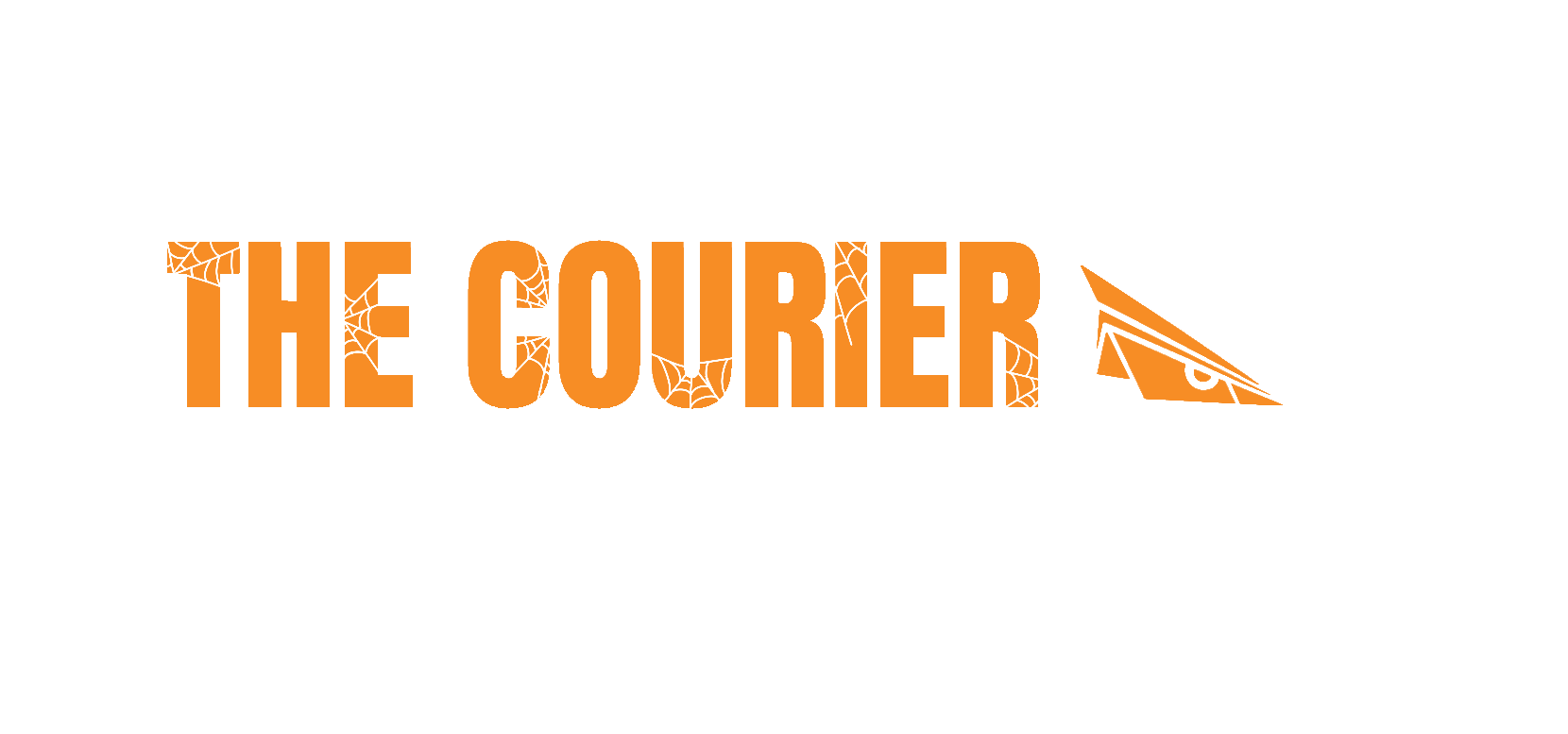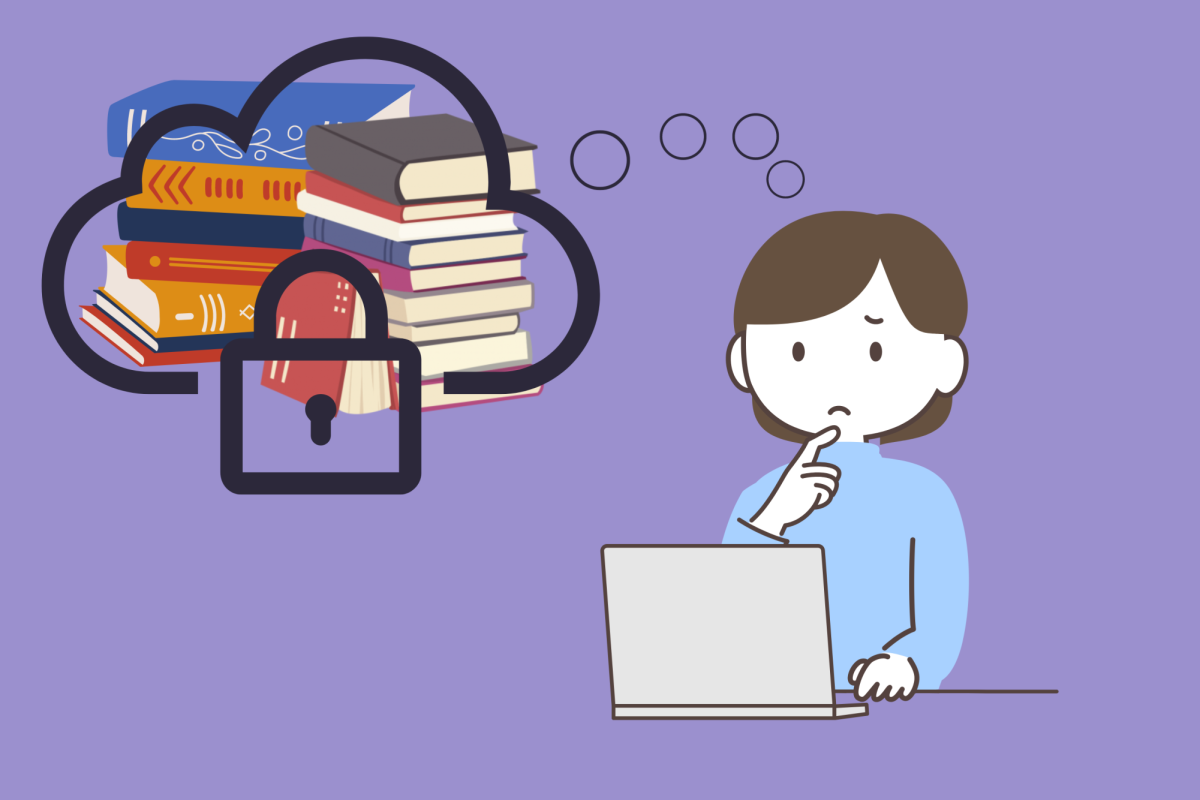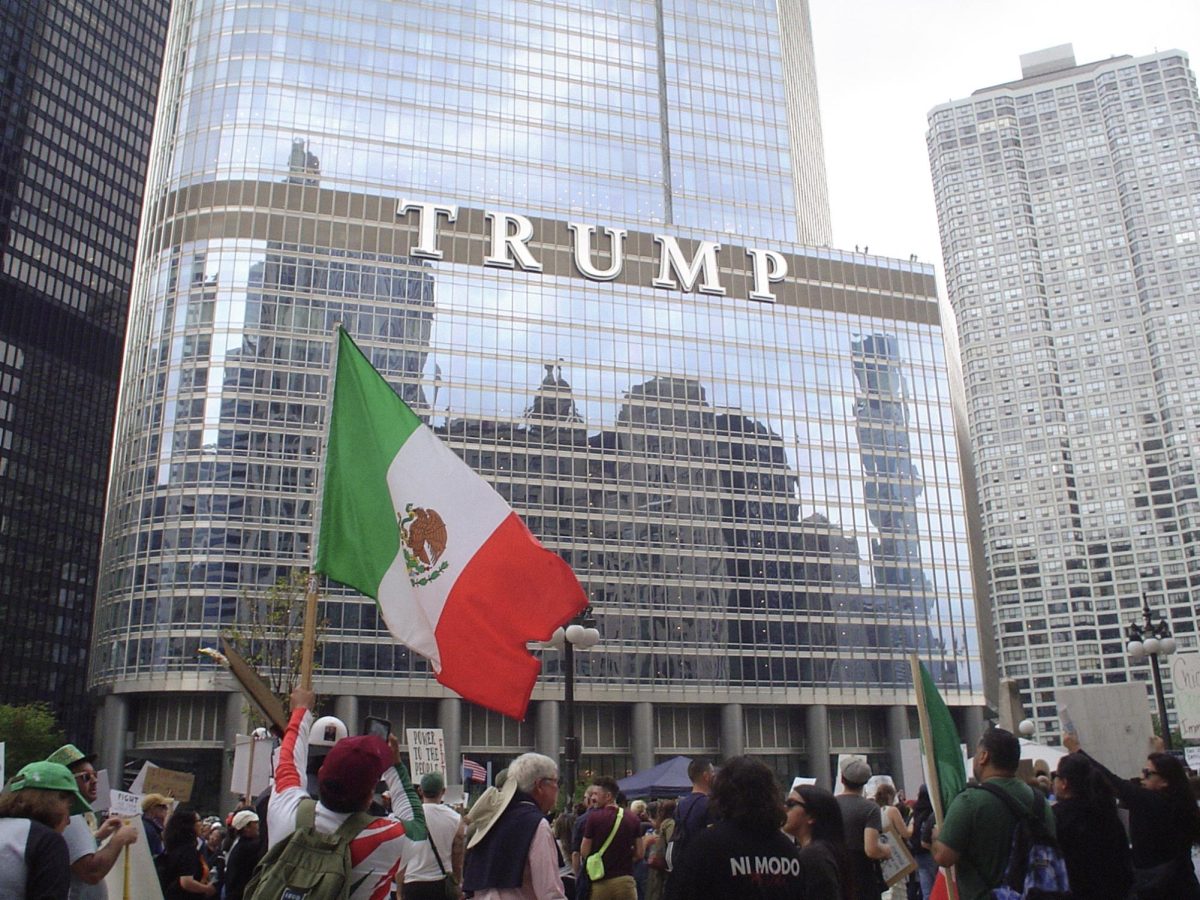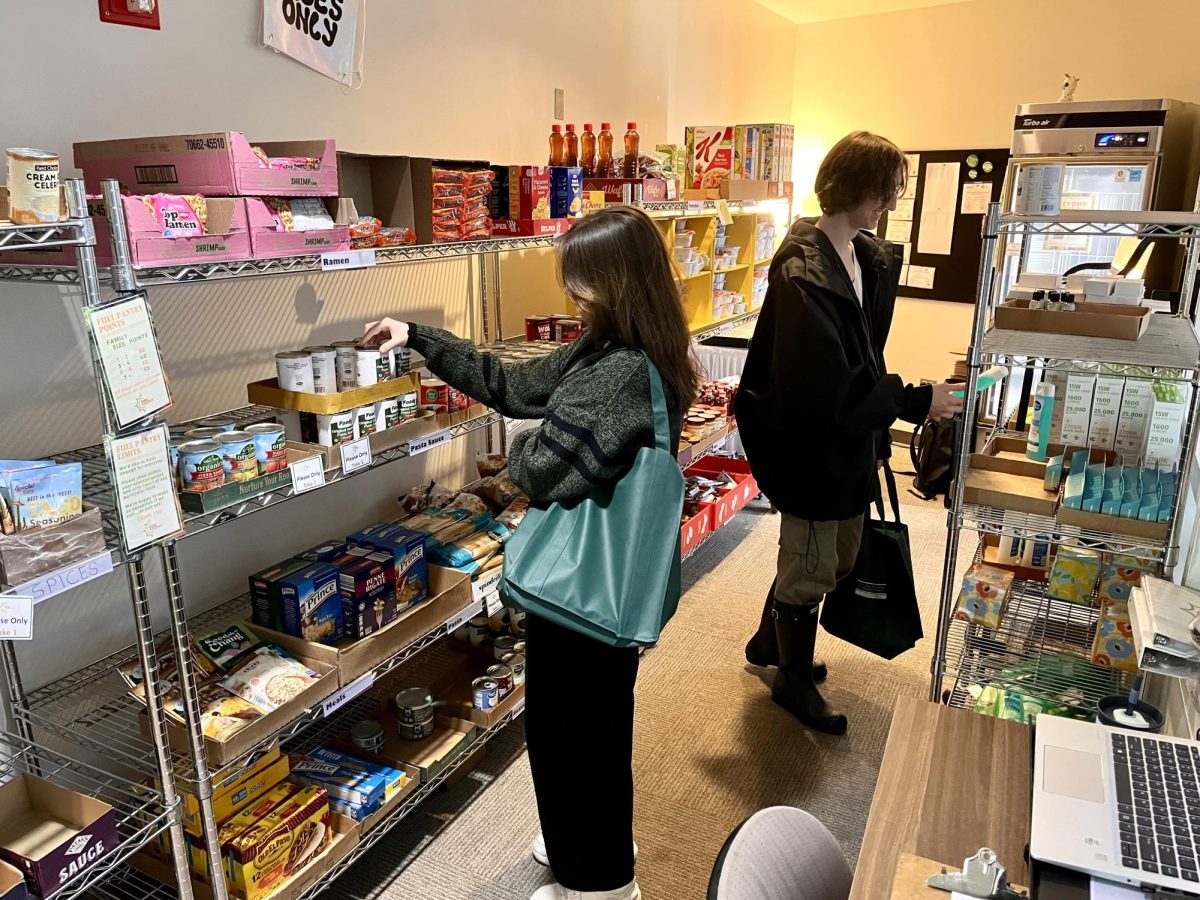Scholars, students and the general literary community alike have been dealt a painful blow due to the outcome of a recent copyright case. The Internet Archive, an internet digitization non-profit, lost its legal appeal against publisher Hachette in September of 2024. The outcome? The Internet Archive will no longer be able to lend out over 500,000 books for free.
The Internet Archive (IA) holds digitized copies of a wide variety of media, which can be accessed by any Internet user with a free account. The site is also responsible for the Wayback Machine, which archives any published web page. Unlike the similar Project Gutenberg, books on the IA have not become part of the public domain, so intellectual property laws are still applicable. As such, the Internet Archive relies upon a controlled digital lending system, in which readers have a one-hour lending window where the book is inaccessible to other readers.
However, the recent COVID-19 pandemic caused the IA to alter its lending practices. The non-profit created a National Emergency Library for readers who were no longer able to get physical books from libraries. This new system removed lending limits which require a library to have a physical copy for every e-book it loans out. Instead, an infinite number of people could check out the same book at the same time, which was in great contrast to the rules of a controlled digital lending system. The new loaning system was intended to be a temporary measure only applicable during the pandemic.
Hachette Book Group, along with Penguin, HarperCollins and John Wiley & Sons, filed a lawsuit on June 1, 2020 against the Archive, stating that the system was in violation of copyright law. On March 24, 2023, the courts ruled in favor of the publishers, citing that the IA engaged in copyright infringement. The Archive then submitted an appeal on Sept. 11, 2023, which was rejected a year later on the fourth of the same month.
Many authors voiced their support for the lawsuit, arguing that this system directly harmed the livelihood of authors as well as violated their rights to their intellectual property. The Writer’s Guild, an organization representing over 15,000 published authors, submitted a brief to the U.S. Court of Appeals advocating for upholding the lawsuit.
“IA has created a vast unauthorized online database of literary works that anyone in the world can access for free, which differs from the most flagrantly illegal pirate websites only by reason of its residing in a U.S. not-for-profit,” according to the Writer’s Guild.
Others have critiqued the ruling, labeling it an attack on internet accessibility and intellectual freedom for readers. The American Library Association and the Association for Research Libraries argued that the ruling could have a big impact on the ability of libraries to lend out media to patrons. While they chose not to support either party, they found fault in the case labeling the IA as a commercial entity rather than a not-for-profit, suggesting that the ruling centered on a false ‘financial’ benefit that may hurt the fair use of non-profits.
“As this Court evaluates IA’s arguments in the context of this dispute, it should keep in mind the numerous and diverse library activities that rely on fair use, and the need to maintain flexibility in fair use in order to protect the constitutional purposes of copyright, including in the context of emerging technologies and those that may be invented in the future,” stated the ALA.
The ruling can specifically impact students and scholars, who may rely on free copies of textbooks or academic works, as well as the university libraries that may now be considered a “commercial” entity.
COD English Professor Michelle Moore comments that the Internet Archive was an essential part of academic scholarship.
“The Internet Archive, in reality, is about providing digital access to long out-of-print, hard-to-get books. In most cases, the authors are dead, the rights are in limbo, and the books are very hard to find,” says Moore. “A scholar, or anyone who wanted to read these books, needed a fairly substantial amount of money to visit an archive or library that housed these books if they could be found at all.”
“The Digital Archive made scholarship more egalitarian and the reality is that the books that were pulled are not making a profit for anyone if they ever did,” Moore continued. “In the few cases where a living, profitable author had her books available, those books were widely available in public libraries, so their availability didn’t actually dent anyone’s profit.”
The ruling also brings up important questions regarding internet privacy. The rise in e-books has led to a simultaneous rise in readership surveillance, with popular library lending apps like Hoopla, Libby and Kindle tracking what books someone reads and how long they were reading. This is particularly damaging for someone accessing sensitive content such as banned books. In contrast, the Internet Archive maintains surveillance-free reading. Most notably, the IA refused an FBI request to access the logs of every IA user, out of respect for the privacy of its users
As of now, the Archive must remove one-third of its collection from public access. However, the impacts of this case on copyright for libraries and other non-profits remains to be seen. Especially as we enter a new digital age and the use of AI becomes a big threat to intellectual property, readers, authors, and publishers will now have to contend with hostile discussions around the internet landscape and copyright.










Walter Berkowicz • Sep 25, 2024 at 4:49 pm
I read the article “Hachette v. The Archive” with great interest. I would like to understand more about the statement “accessing sensitive content such as banned books.”
– What is the definition of “banned books”?
– What banned books are/were available on The Archive?